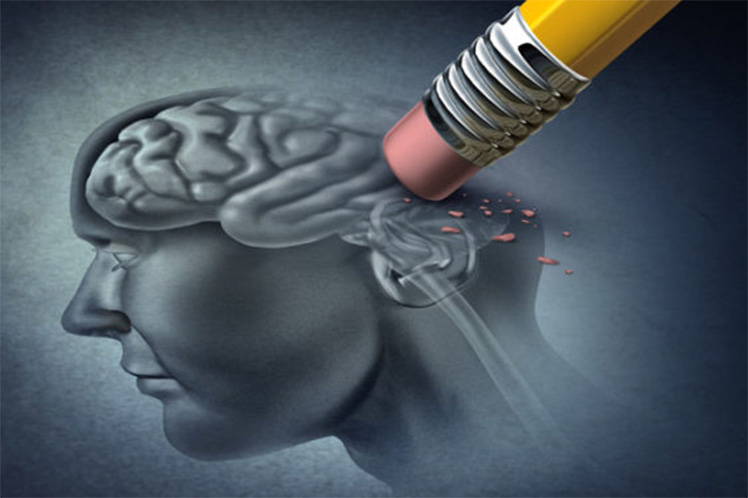According to the experts, one of the hallmarks of Alzheimer´s disease is disruption to the body’s circadian rhythm, the internal biological clock that regulates many of our physiological processes.
Nearly 80% of people with Alzheimer’s experience these issues, including difficulty sleeping and worsening cognitive function at night.
In the study, published August 21, 2023 in Cell Metabolism, mice that were fed on a time-restricted schedule showed improvements in memory and reduced accumulation of amyloid proteins in the brain.
“For many years, we assumed that the circadian disruptions seen in people with Alzheimer’s are a result of neurodegeneration, but we’re now learning it may be the other way around — circadian disruption may be one of the main drivers of Alzheimer’s pathology,” said senior study author Paula Desplats, PhD, professor in the Department of Neurosciences at UC San Diego School of Medicine.
“Circadian disruptions in Alzheimer’s are the leading cause of nursing home placement,” said Desplats.
“This makes circadian disruptions a promising target for new Alzheimer’s treatments, and our findings provide the proof-of-concept for an easy and accessible way to correct these disruptions.”
Alzheimer’s disease affects more than 6 million Americans, and it is considered by many to be the biggest forthcoming health challenge in the United States. People with Alzheimer’s experience a variety of disruptions to their circadian rhythms, including changes to their sleep/wake cycle, increased cognitive impairment and confusion in the evenings, and difficulty falling and staying asleep.
pll/mem/lpn









